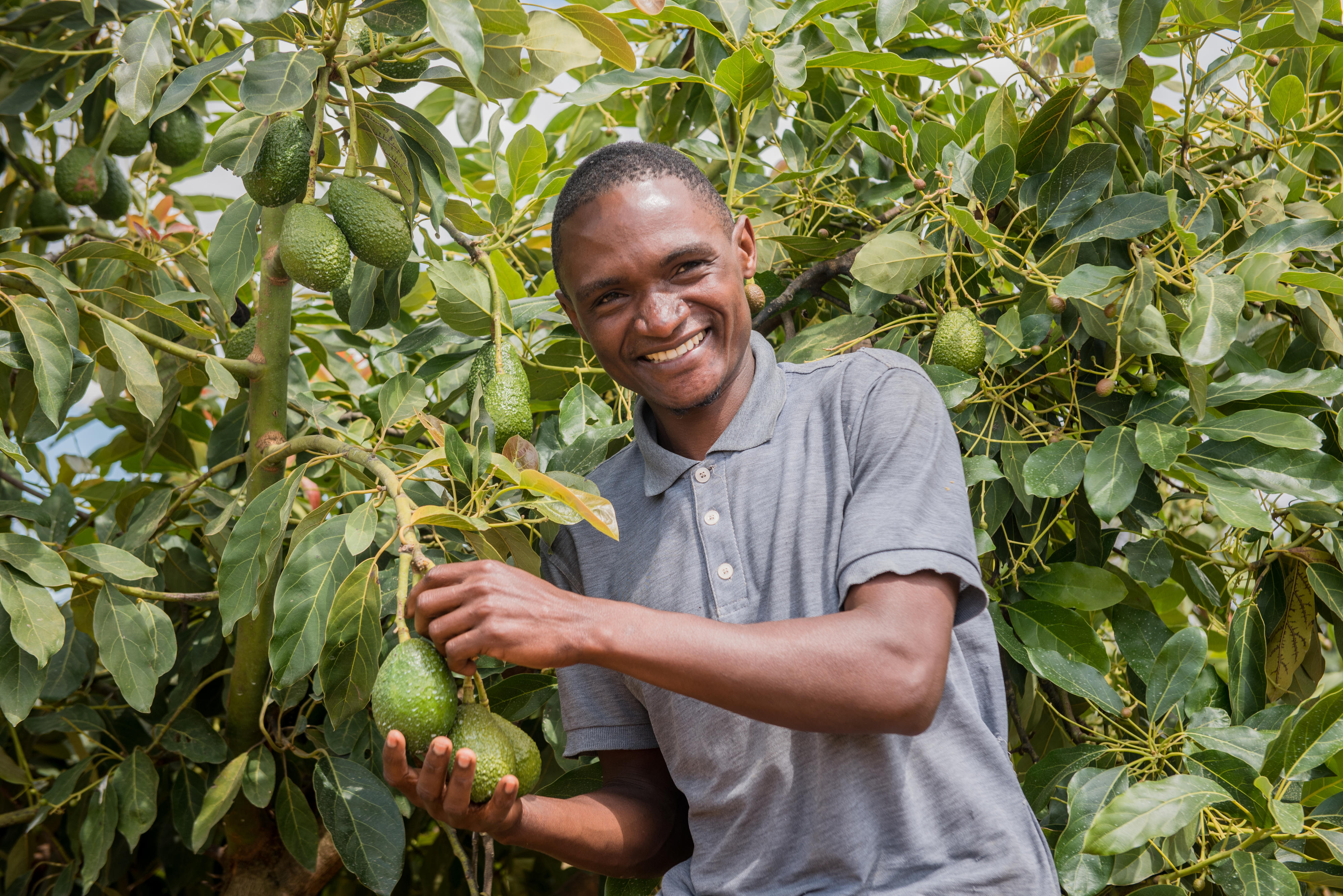TOUGH JUSTICE : Of classist patriarchy and lack of empathy for the girl child

What you need to know:
- Gender representation becomes an ideal that is practiced, not for its virtue, but to seek compliance with some “western” standards. This is problematic.
There is a lot to learn about the quality of care in a society from the way it treats its women. Needless to say, Tanzania largely treats her women as second-class citizens. It may be hard to see this, because on the surface things may seem rather okay, thanks to a myriad of donor funded programs that are “fuelling western ideology” such as gender equity.
Gender representation becomes an ideal that is practiced, not for its virtue, but to seek compliance with some “western” standards. This is problematic.
This being the case, time after time, our leaders have let their guard down and exposed their gender biases, which, sadly, have implications on our policies. One would recall that even the former President had made an infamous remark placing blame for teenage pregnancy on young girls’ promiscuity, or whatever it is he meant by kiherehere. The current regime is going a few steps further in the wrong direction by refusing to re-admitting teen mothers into public schools.
The cracks in this type of thinking are clear for everyone to see, and justifiably, such stances have always caused some outrage, both locally and internationally. I do not wish to repeat what others have been saying since, hence I will look at what I believe to be the primary point of departure in this teenage pregnancy issue; the rather lethal combination of classism and patriarchy.
At the core of all the criticisms the President is receiving, I believe people are communicating one important thing; the need to empathise with the girl child. Well, she deserves much more than the state’s empathy, but empathy itself is enough to make policies that protect, as opposed to condemning her. But why don’t our leaders have that kind of empathy? I want to argue that classism and patriarchy are found right at the core of their rather anachronistic perspectives.
Most of those who are condemning teenage pregnancy belong to a certain class. Both the current and former presidents have had to raise school-going girls in circumstances that are quite different from what the ordinary mwananchi experiences.
Their daughters have enjoyed dedicated security details for most of their school-going days, perhaps also a driver to chauffer them around and to keep them away from trouble as they focus on being “good girls”.
Let’s, for a second, ignore the fact that they also went to the some of the best schools in the country, if at all they studied in the country. Let’s instead focus on the statistically proven fact that the profiles of those girls who are most prone to teenage pregnancy are significantly different from those of our First Daughters’ and of all those girls whose parents comfortably sit at the very tip of the economic pyramid.
Both the current president and his predecessor can be said to be high-level career politicians, and, as such, they have never had to contend with the fact that teenage girls are vulnerable. Some wise (wo)man once said that “a reality lived overpowers a reality told”. This wisdom helped me deal with the fact that a former first lady, whose legacy has largely been around the empowerment of women, used her new platform as an MP to attempt to institutionalise the segregation of teenage girls who are impregnated. I hope my reader notices how I purposely, yet carefully, pick the object and subject in my phrasing.
What we are witnessing is not just patriarchy informing policy. It’s a form of patriarchy with classist undertones. Fortunately, in this matter, the government cannot convince us that they have the girl child’s best interest in their policy directives. Why should we forget that, just days ago, the law of the land allowed girls as young as 14 to be married? I prefer to say “married off” instead, because I want to replace choice with victimisation in this equation.
How can we then forget that it wasn’t Mama Salma Kikwete who fought for the legal protection of the girl child, but a bold “commoner” named Rebecca Gyumi? Shall we then forget that our leaders have lost touch with reality, and that they are thus pushing for reforms that are institutionalising their classist, segregative, if not oppressive points of view? No, we will remind them. We will remind them of their duty to know their voters, empathise with them and serve them instead of condemning and victimizing them.
It’s one thing to have a government with oppressive tendencies, and a totally different thing altogether to live in a country that has institutionalised oppression.




